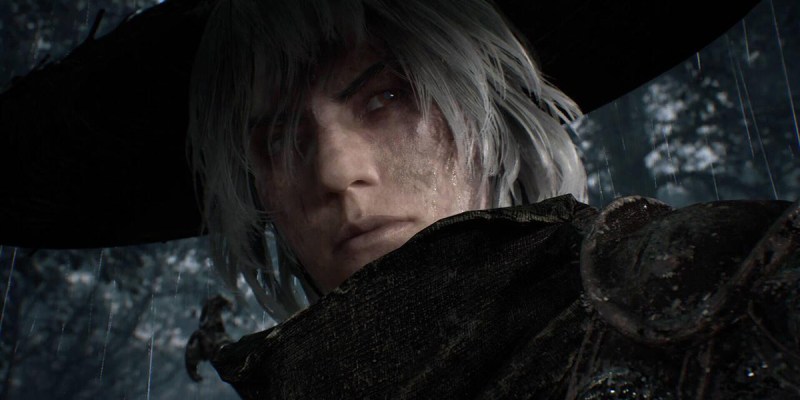Among the latest PlayStation Showcase’s many surprises – few of which were first-party exclusives – was Phantom Blade Zero, yet another riff on the Soulslike formula that has expanded like the dangerous fog in Demon’s Souls for over a decade now. At this point, third-person action RPGs heavily inspired by FromSoftware’s curriculum are coming from every direction and quite often. But that’s not necessarily a bad thing.
Phantom Blade Zero is being developed by Beijing-located developer S-Game, and it actually isn’t a new IP, as it acts as a sequel to the yet-to-be-released 2D action title Phantom Blade: Executioners, the most recent game in the primarily mobile series. This raises some concerns if coupled with the fact the super-slick announcement trailer came out of nowhere: It wouldn’t be the first time an ambitious Chinese studio made a big splash with an impressive vertical slice and then just faded away. Still, it seems the project has enough meat on its bones at this stage to actually get somewhere in the near future, much like Black Myth: Wukong.
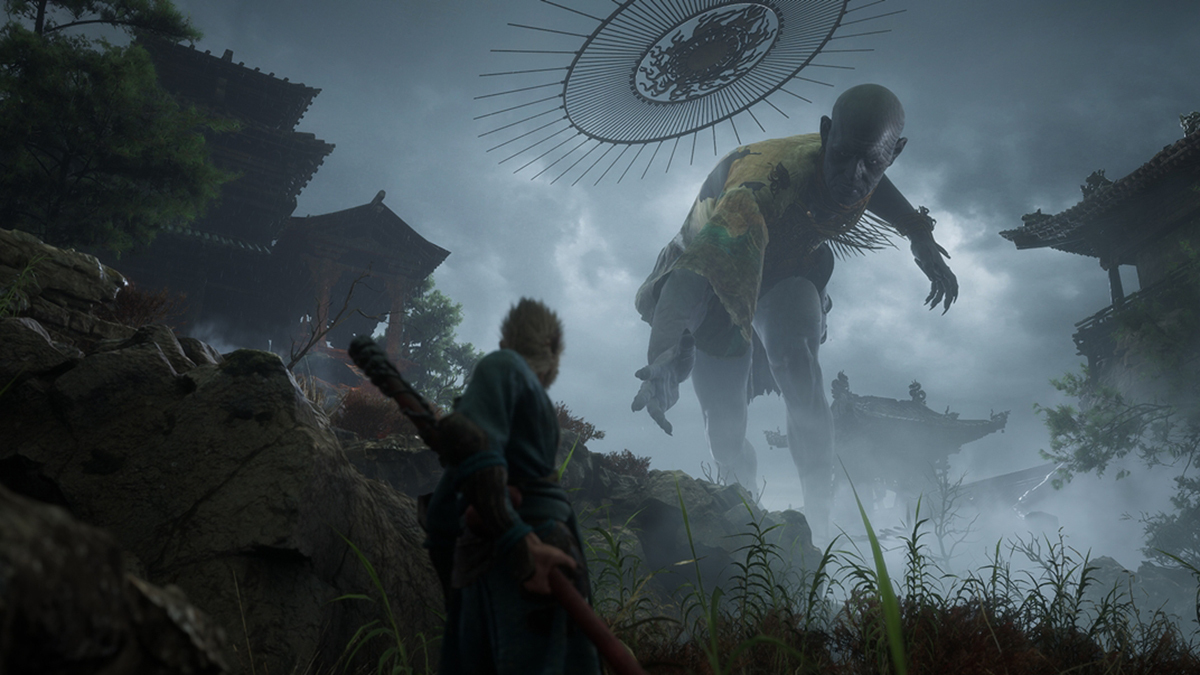
Image via Game Science
While most studios interested in the (still infant) genre have learned with relative ease the key gameplay-related lessons from the seminal FromSoftware works, it appears many are having trouble with building truly interesting worlds to support them and finding a sweet spot when it comes to combat difficulty. Even From struggled with some of these elements early on; for many diehard fans, Dark Souls 2 largely feels like a rushed follow-up that misunderstood what made the original so special.
Surprisingly, most of the notable Soulslike releases we’ve been able to play in recent years aren’t downright bad. Sure, we’ve had plenty of uninspired riffs on Dark Souls and Bloodborne, but passion is almost always there, making them endearing and perfectly playable at least. (Thymesia comes to mind.) Most of the time, their biggest sin is sticking way too close to FromSoftware’s unwritten Soulslike rulebook, much like countless indie Metroidvanias that try too damn hard to honor the Castlevania series.
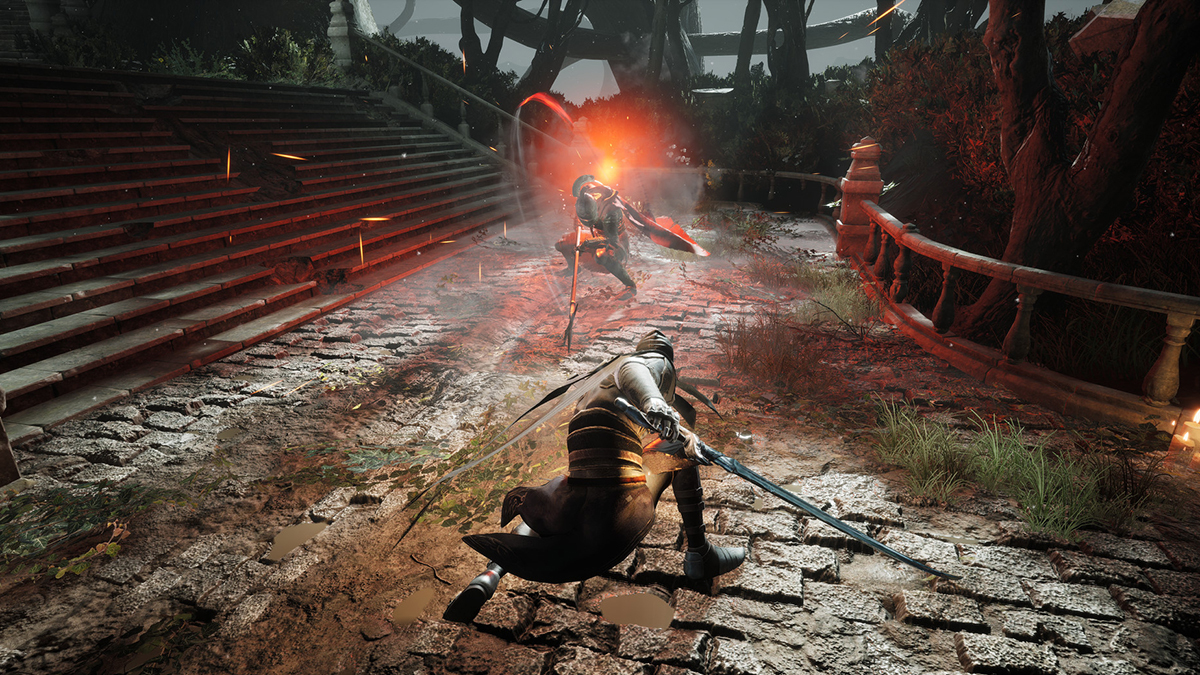
Image via Team17
Nearly a decade into the boom of Soulslike games, this whole creative progression for tough-as-nails action RPGs reminds me of what happened with 3D hack-and-slash and brawlers over the course of the 2000s. The genres had developed a distinct voice way before that, but God of War and Devil May Cry turned out so good that they irrevocably changed those genres of games forever, at least when it came to sizable projects. Nowadays, that specific style of hack-and-slash and beat ‘em up is mostly relegated to Japanese developers and nostalgic independent studios, as the God of War reboot (The IP will never not be relevant.) and other major releases have pushed the genre in a different direction.
In the 2000s, the original God of War and Devil May Cry entries flew the flag for the hack-and-slash genre. More forgotten games like Maximo: Ghosts to Glory and Maximo vs. Army of Zin — just one example of a pretty solid hack-and-slash IP, based on Ghosts ‘n Goblins — have been sadly consigned to oblivion. The thing is that those Maximo titles were rather big Capcom releases, so you’ll have to dig even deeper if you want to learn about the “smackin’ and cuttin’ down fools” genre and the changes it underwent roughly 20 years ago.
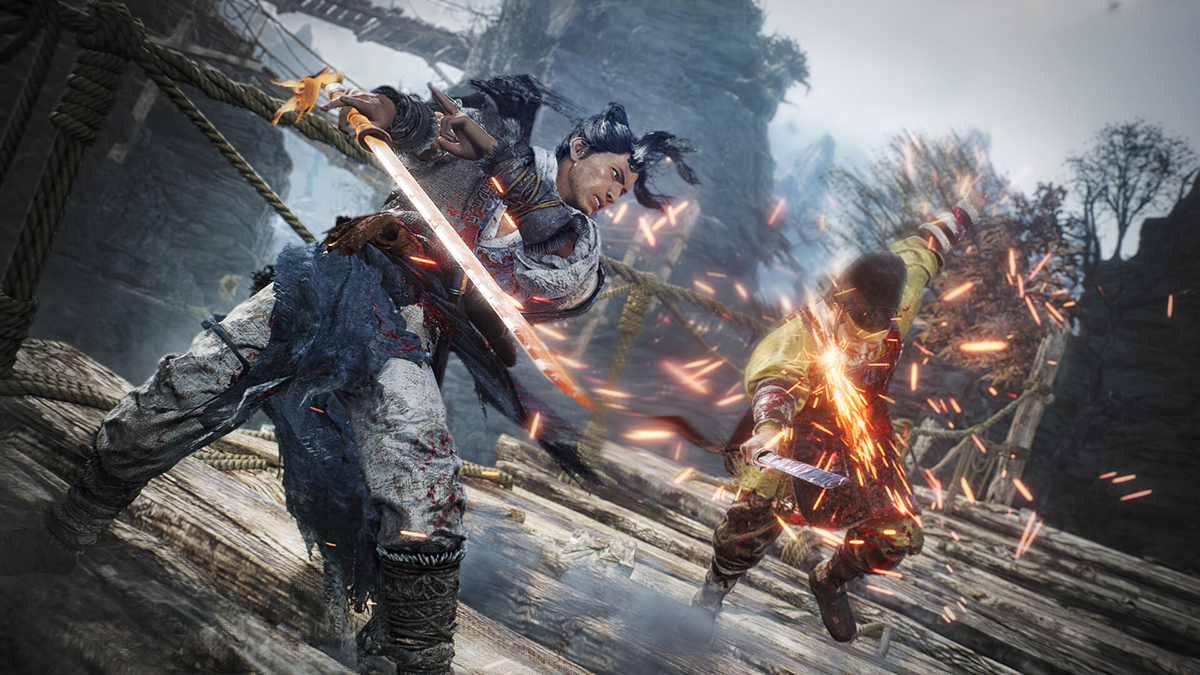
Image via Koei Tecmo
Looking at the history of hack-and-slash games and how the quick adoption of RPG mechanics and systems blurred the lines between previously distant genres, the evolution of Soulslikes — middling releases included — only seems logical. Many works will be forgotten about almost instantly, while others are brave enough (and are backed by enough experience) to give birth to new IPs with enough power to influence what comes after.
Among the big studios, Team Ninja appears to have cracked the code, mainly because it already had plenty of experience with difficult-but-rewarding action games in the Ninja Gaiden series. They didn’t find overnight success with Soulslike releases though; Nioh, while a great game in its own right, needed a second entry to fully take off, as the first one lived under Bloodborne’s shadow. Taking things a step further, we can argue that, despite the Nioh series selling seven million units over five years, Team Ninja’s first hit to earn it mainstream acknowledgment within the genre might be the Sekiro-esque Wo Long: Fallen Dynasty, and even that game received a much needed boost from Game Pass.
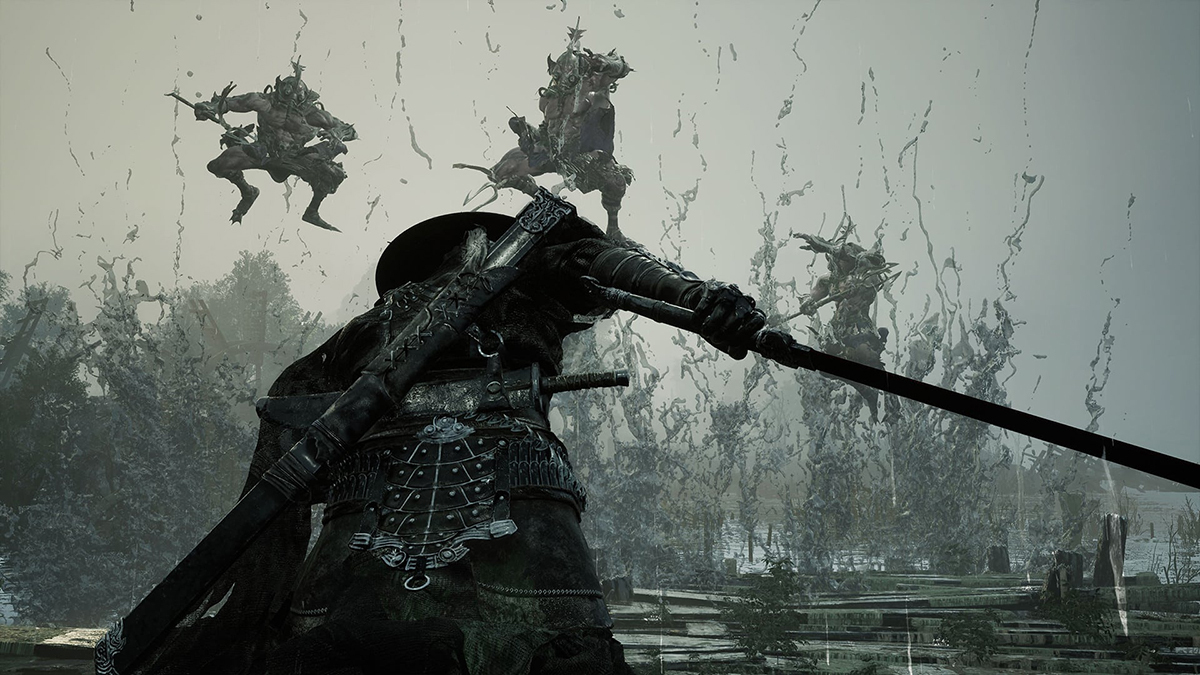
Image via Cruel Man Studio
Which brings us back to Phantom Blade Zero and what it appears to be gunning for. At first, it seemed like a case of “we have Sekiro at home,” but the “kung-fu punk” sensibility quickly won us over. Moreover, the commitment to more scripted sequences is refreshing when we consider how “static” most Soulslike levels are. If the core systems don’t fall apart and the whole thing isn’t a buggy mess carried by the presentation, we might be looking at a new breed of hack-and-slash that applies the best chunks of Soulslike games to a more flexible — and often cinematic — structure that could be ironically similar to that of the old-school brawlers.
Time is a flat circle, and that applies to pretty much every art form. With video games becoming more and more complex (regardless of genre) and their history and toolboxes growing larger every day, the path forward is often in the past and littered with the rotting corpses of those who weren’t ace enough to get an SSS rating. Experimentation requires sacrifice.
